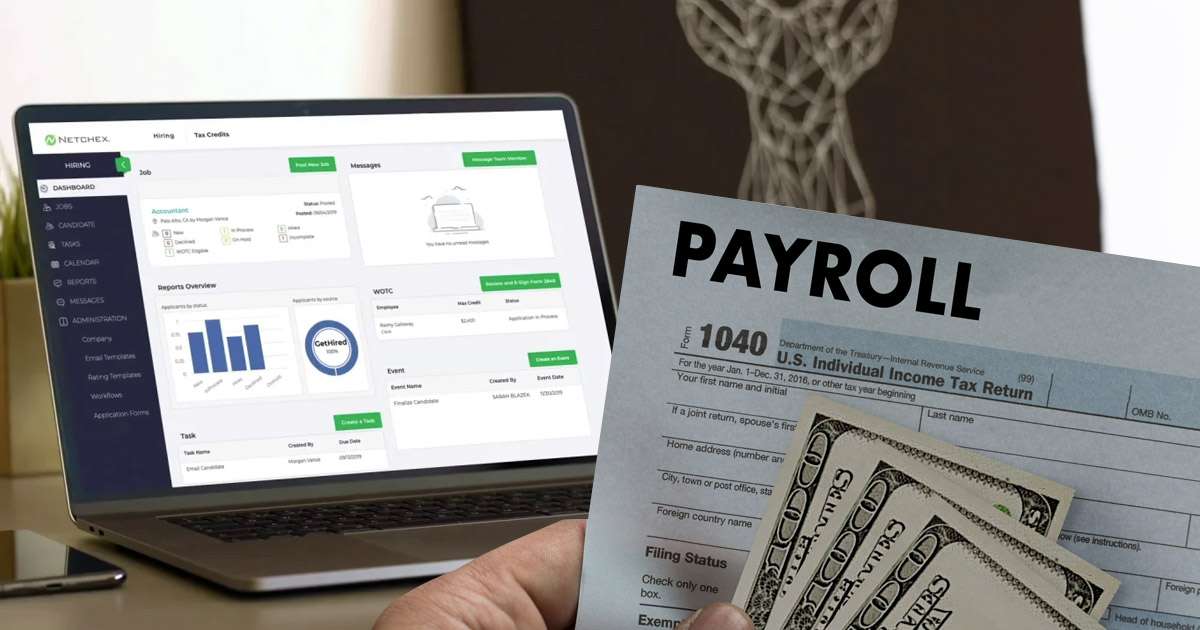4 Types of Payroll Systems for Your Growing Business

Payroll is one of the most critical aspects of running a business, no matter the size. Ensuring employees are paid accurately and on time helps maintain trust and morale. Choosing the right payroll system is essential for businesses that want to streamline operations and avoid costly mistakes. Understanding the different types of payroll systems will help you make a more informed decision about which is the best fit for your company.
What is a Payroll System?
A payroll system is a tool or process used to manage employee compensation, including wages, benefits, taxes, and deductions. These systems ensure that all employees are paid correctly and on schedule. They also handle the complex regulatory aspects of payroll, such as calculating taxes and filing payroll reports to government agencies.
The system you choose depends on factors like the size of your business, the number of employees, and the complexity of your payroll requirements. A well-organized payroll system can be the backbone of an efficient HR department, streamlining tedious tasks and ensuring compliance with local and federal regulations.
The Importance of Having a Payroll System
Implementing an effective payroll system is crucial for any business. Without it, businesses risk making errors that could lead to legal issues or dissatisfied employees. Below are some key reasons why payroll systems are vital:
- Accurate and Timely Payments: Payroll systems ensure employees receive their payments on time, maintaining morale and trust within the workforce.
- Compliance with Regulations: These systems help businesses comply with local, state, and federal tax laws, ensuring that tax payments and filings are handled properly.
- Data Security: Modern payroll systems offer secure handling of sensitive employee information such as Social Security numbers and bank account details.
- Efficiency and Automation: With automated processes, payroll systems can reduce the amount of time spent on administrative tasks like calculating wages, taxes, and deductions.
- Cost Savings: By automating the payroll process, businesses can save on labor costs associated with manual payroll management.
Types of Payroll Systems for Your Expanding Business
As businesses grow, they often find that manual payroll methods are inefficient and prone to errors. This leads to a need for more sophisticated payroll systems. Below are some of the main types of payroll systems that businesses can use to streamline their payroll processes:
Internally Managed (In-House)
For smaller businesses, an in-house payroll system might be ideal. In this model, a company uses its own employees to manage payroll tasks. This can involve either manual calculations or the use of simple payroll software. The benefit of an internally managed system is full control over payroll data, and it can be customized to the specific needs of the business. However, it requires staff to be well-versed in payroll laws and regulations, which can be time-consuming and risky if not done correctly.
Agency Managed (Payroll Service)
Outsourcing payroll to a specialized payroll service provider is another popular option. In this model, businesses hand over their payroll responsibilities to a third-party agency. The agency ensures timely and accurate payments, handles tax filings, and even addresses compliance issues. This system allows business owners to focus on core operations while minimizing the risk of errors. However, outsourcing does come with challenges like a lack of direct control over payroll processes and potential data security concerns.
Software Managed (Online Payroll)
Online payroll systems, often known as Software as a Service (SaaS) payroll systems, are cloud-based platforms that offer automated payroll services. These systems integrate payroll with other HR functions like time tracking, benefits management, and tax compliance. One of the key benefits is scalability, as these systems can grow with your business without needing major changes. Online payroll systems are highly customizable, but they do depend on reliable internet access.
Professionally Managed (Bookkeepers and CPAs)
Some businesses choose to have their payroll managed by professional accountants or bookkeepers. This method offers a personalized approach and ensures that payroll tasks are handled by individuals with expertise in tax laws and regulations. Using a CPA or bookkeeping service gives businesses peace of mind when it comes to accuracy and compliance. However, it can be more expensive than other options, particularly for small businesses.
How to Choose the Right Payroll System
Choosing the right payroll system depends on your business’s needs, size, and resources. Here are some factors to consider:
- Business Size: Larger companies may need more complex systems, while smaller businesses might get by with simpler software or even manual methods.
- Budget: Payroll systems can range from low-cost software solutions to expensive professional services. Consider how much you’re willing to invest.
- Compliance Needs: Depending on where you operate, you may need a system that keeps up with changing tax laws and regulations.
- Level of Control: Some businesses prefer full control over their payroll, while others are comfortable outsourcing it to a trusted provider.
- Scalability: Choose a system that can grow with your business to avoid having to switch systems as you expand.
Streamline Your Payroll with the Right System
Understanding the different types of payroll systems can help businesses make the right decision for their payroll needs. Whether you opt for in-house management, outsourced services, online platforms, or professional accountants, the system you choose should align with your business goals and growth plans. Efficient payroll management is more than just paying employees; it’s about ensuring accuracy, compliance, and efficiency, which are key to running a successful business.

